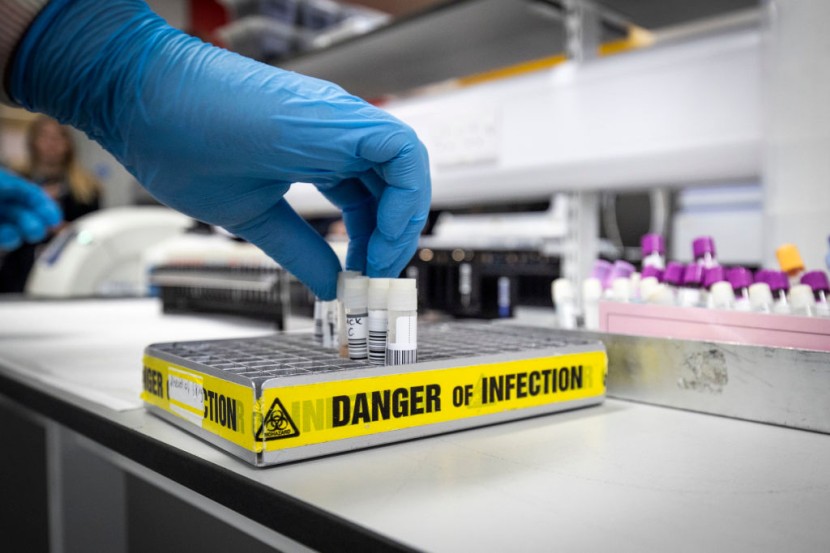
COVID-19 confirmed cases surge across the globe in its fatal march. Two prominent American doctors specified a probable solution: the heartburn medication Pepcid as a novel coronavirus remedy.
There has yet to be published studies or information whether the active ingredient in Pepcid, famotidine, would be effectual to combat the coronavirus.
An almost $21 million government-funded study to test if the over-the-counter heartburn medication could be a COVID-19 remedy candidate fizzled. This was amid accusations of scientific misbehavior and conflicts of interest, according to a whistleblower remonstrance, interviews, and internal government data.
The Trump government provided funding assistance to a study of famotidine, the major ingredient in Pepcid. This was despite a lack of the aforementioned published studies or data to allude that large doses would be effectual against the coronavirus, reported "Arkansas Democrat Gazette."
Back in early April, when government scientists were made aware of a proposal to fund millions for federal research to examine Pepcid, they did not take it seriously, indicated records obtained by The Associated Press.
That did not stop the Trump government from granting an emergency contract to scientists testing Pepcid on ailing coronavirus positive patients, reported "New York Daily News."
The Pepcid project is now fazed by an ambiguous future. Northwell Health, a New York health care provider designated to launch the testing at its hospitals, halted the trial on hold due to the lack of admitted COVID-19 patients in New York.
According to internal government emails, the Food and Drug Administration (FDA) granted the clinical trial fast approval despite a top agency official being concerned that the supposed daily injections of large doses of famotidine as a coronavirus remedy for ailing patients was bordering on unsafe.
The aforementioned emergency contract is currently undertaking assessment following a government whistleblower's allegation that a senior administration official was rushing the deal without necessary scientific scrutiny suitable for a huge federal award.
Northwell is partnered with the pharmaceutical company in Florida that received the contract, Alchem Laboratories.
The Pepcid undertaking highlights what critics tout as the Trump government's disregard for science and anti-corruption measures. Such regulations are designated to shield against taxpayer dollars going to funding projects that are not based on more meticulous science or at the hands of political cronies.
Meanwhile, the doctors who initially elevated the Pepcid idea are confined in a bout for credit and accusations of scientific misbehavior.
A vaccine or an effectual cure could be made available before the Pepcid study concludes.
The Trump administration had little information regarding which to base a funding settlement on Pepcid and COVID-19, according to critics; there was no high profile research on famotidine's capacity to combat the coronavirus to sustain a trial involving hundreds of patients.
"The evidence used to support the trial is extremely weak," according to Dr. Steven Nissen, Cleveland Clinic cardiologist and regular adviser to the FDA, on the clinical trial of Pepcid as a coronavirus remedy. "And I've been very critical of this approach to the COVID-19 epidemic, which I've likened to throwing spaghetti at the wall and seeing what sticks. I consider trials like this one to be largely a waste of time and money."
Related Article : 85 Babies Under Age 1 Test Positive for COVID-19 in Single Texas County?








